Canberra is a progressive jurisdiction, and the Greens are proud to be at the forefront of animal rights reforms.
In over 20 years of being represented in the ACT Assembly, Greens MLAs have:
- Banned battery caged hens
- Banned puppy and kitty farms
- Banned greyhound racing
- Banned hen de-beaking and sow stalls
- Advocated and delivered on allowing tenants to have pets in their rental properties
- Ensured that pets are allowed on light rail, and continue to advocate for pets to be permitted on buses.
Banned greyhound racing
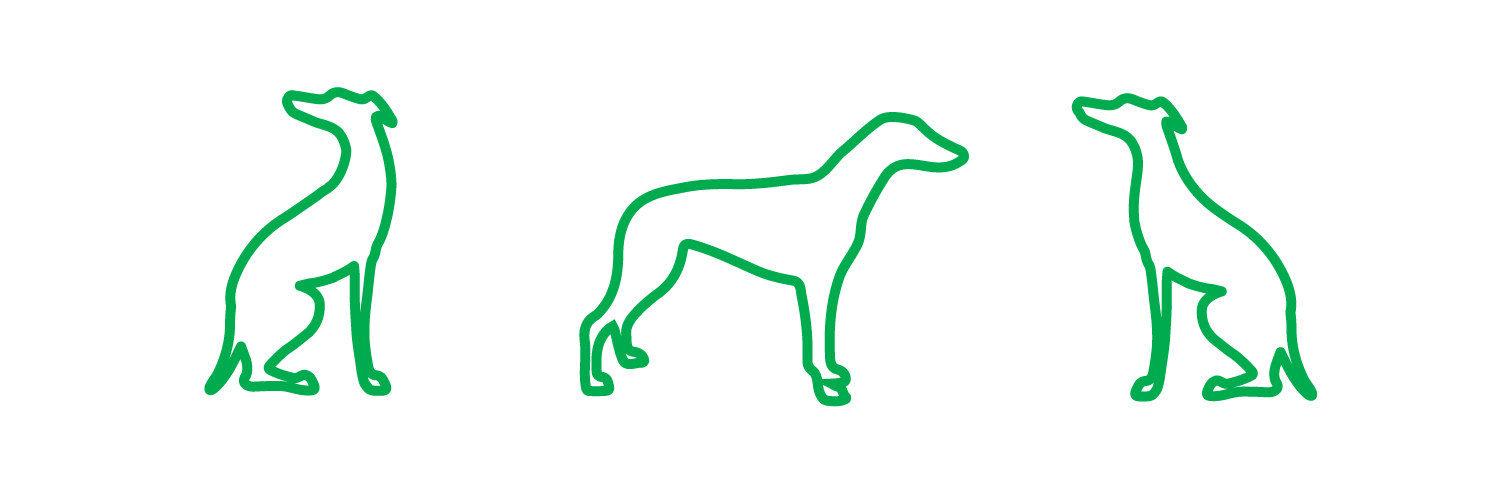
The Greens are proud that ACT is now the first Australian jurisdiction to have banned the cruel and outdated greyhound racing industry, with the last race occurring on 29 April 2018.
The Greens-Labor Parliamentary Agreement negotiated in 2016 played a key part in ending the $1 million annual taxpayer subsidy to the greyhound industry in Canberra, and for now, has put an end to the ACT industry altogether.
The Greens ensured that transition support packages and free counselling were available for people and greyhounds exiting the industry. These services are being rolled out with the support of Woden Community Service.
Regrettably, we can’t be too complacent about this success. The Canberra Liberals have announced that if elected in 2020 they will overturn the ban.
As with many progressive reforms, we will need to defend the greyhound racing ban against a vocal minority. The ACT Greens are determined to hold the line—with the continued support for the community.
Read more on this here.
Banned battery cages, debeaking and sow stalls
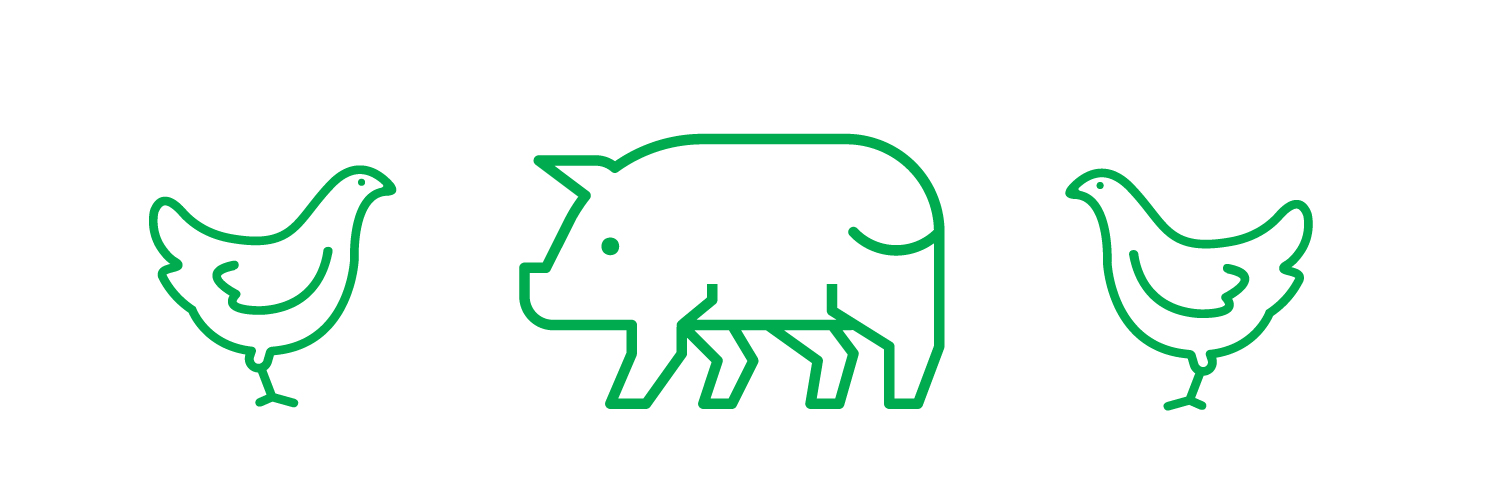
Factory farming is cruel. Intensive confinement of animals also fails to meet the public's expectations for humanely-produced egg and pork products.
That’s why as a Greens Minister, in 2014 Shane introduced laws prohibiting the use of battery cages for commercial egg production and the use of sow stalls and farrowing crates to keep pigs in the ACT. For every term of the assembly, the Greens introduced legislation to ban cage eggs until finally in the 8th Assembly it was passed.
This made the ACT the first jurisdiction in Australia to legislate against factory farming, following campaigning by the ACT Greens since 1997, and set a precedent for other states and territories to do the same.
These laws also prohibit the debeaking of hens, a common practice in the factory farming industry where the hen's beak is removed with a hot blade or laser. Not only is this process inhumane, but it can also lead to other health complications which make it painful for the bird to eat. Read more on this here.
Better egg labelling and real free range
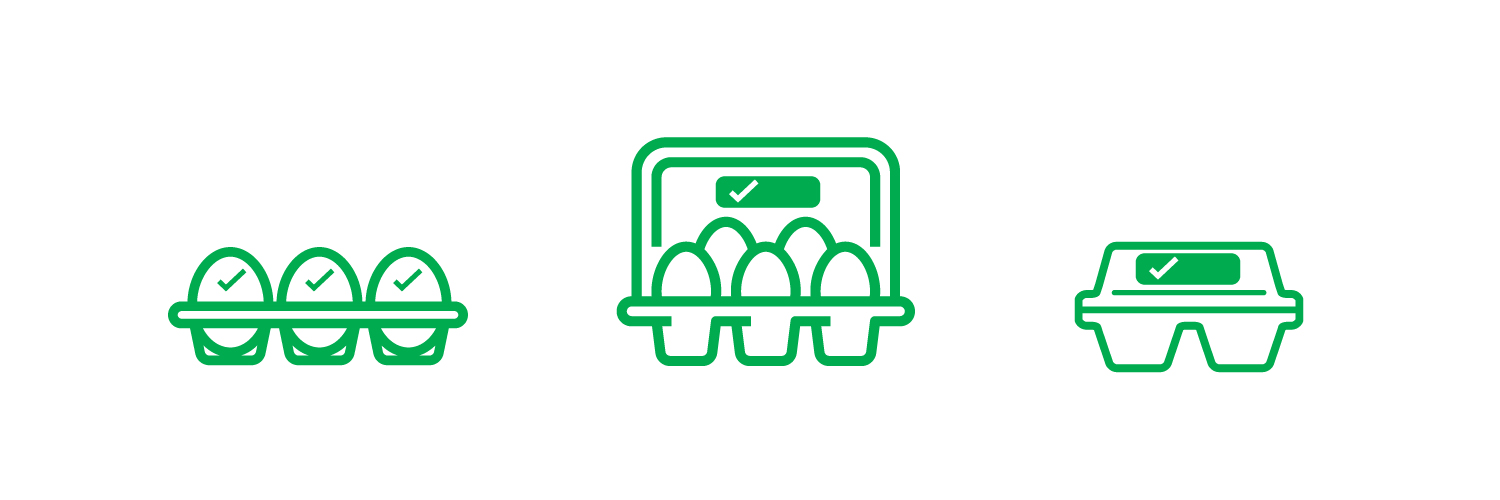
The ACT Greens have advocated for genuine ‘free range’ standards in line with community expectations and best-practice animal welfare for over 20 years.
Resulting reforms include the labelling of egg shelves in retail outlets to inform consumers of the difference between cage, barn laid and free-range eggs, which commenced in 2010. Thanks to the 2012 Parliamentary Agreement, using battery cages for egg production and de-beaking for all chicken farming was banned in 2014.
At the Federal Consumer Affairs Forum in 2016, ACT Greens MLA and Minister for Consumer Affairs Shane Rattenbury pushed for the free-range egg threshold to be a maximum outdoor stocking density of 1,500 birds per hectare. However, unfortunately this debate was lost as all other states and the federal government supported a stocking density of 10,000.
Banning puppy and kitten farms
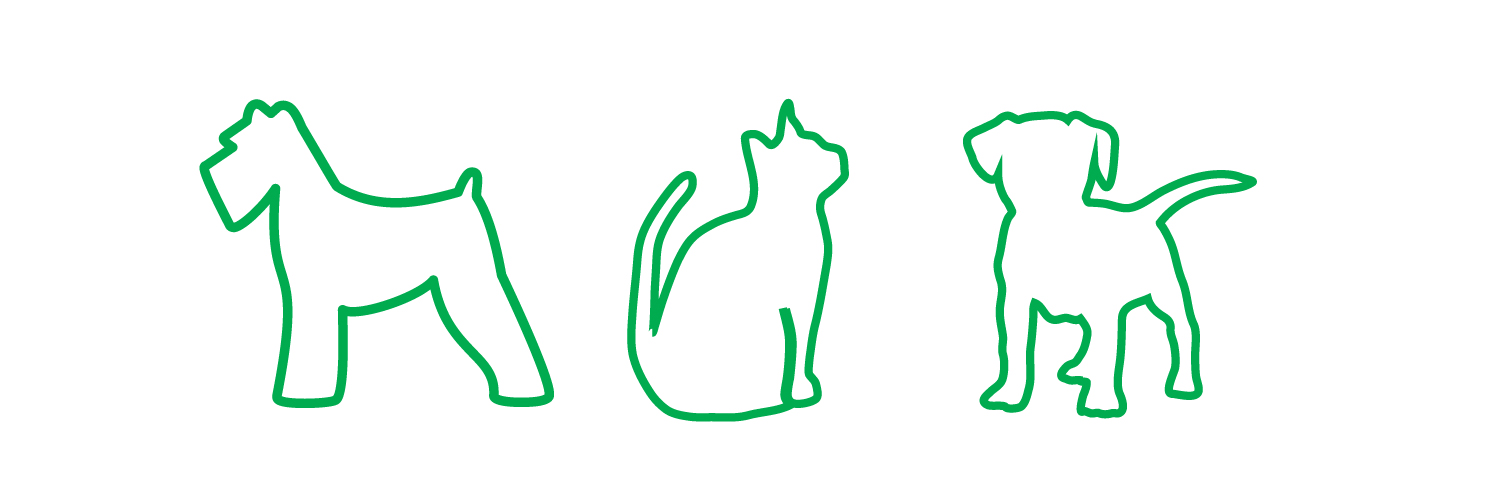
The 2012 Greens-Labor Parliamentary Agreement committed the Government to improving animal welfare standards for cats and dogs in the ACT.
As a Greens Minister, Shane introduced laws to prevent the kind of serious animal welfare issues we have seen in other states with dogs and cats being impregnated as often as possible and treated as money-making machines with no concern for the animal’s health and welfare. Puppy and kitten farming sees female dogs and cats deprived of social interaction, exercise and responsible health care for their entire lives.
In September 2015 new laws introduced a licensing scheme for dog and cat breeders which allows for the inspection of breeders’ premises to ensure intensive breeding is not occurring. These new breeding licences, which do not have any cost to the applicant, are intended to ensure irresponsible breeders cannot operate within the ACT.
These laws also criminalised the intensive breeding of female dogs and cats and introduced penalties of up to $15,000 for an individual and $75,000 for a corporation which exploits animals for the pet market.
Dog breeders may only breed a dog between the ages of 18 months and six years and are limited to four litters per dog. A dog can only have one litter within an 18-month period. Cats can only be bred between the ages of 12 months and seven years, with a limit of eight litters per cat, restricted to three litters within a two-year period.
Cat containment and desexing
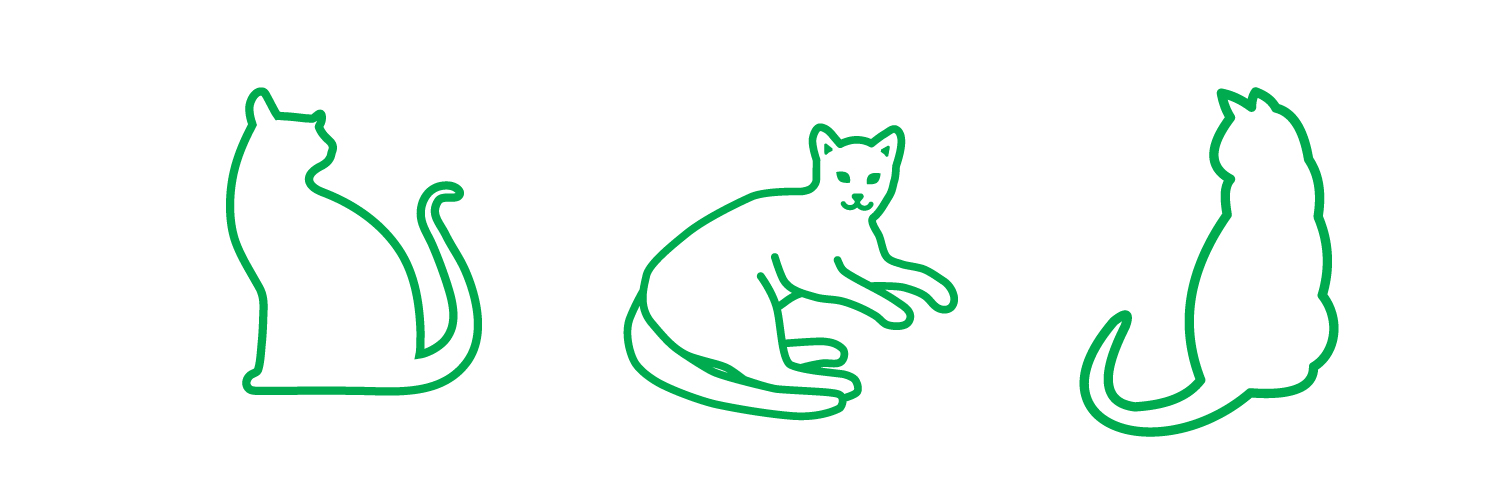
Many Canberrans love their domestic pets - including cats. However, cats can pose a risk to our natural wildlife if they are able to roam free or become wild and breed.
Desexing cats is the most humane, and proactive approach to ensure that cats don’t enter into the wild to breed and risk destroying our natural environment. But, many people on low incomes find the costs prohibitive.
The current Greens-Labor Parliamentary Agreement commits the Government to expanding cat containment in the ACT, ensuring it is effective and increase funding for cat de-sexing.
The Greens would also like to see the implementation of a subsidised cat desexing scheme for people on low incomes and a feasibility study into cat registration and microchipping.
Animal Sentience
The ACT Greens have supported laws to recognise animals as sentient beings.

